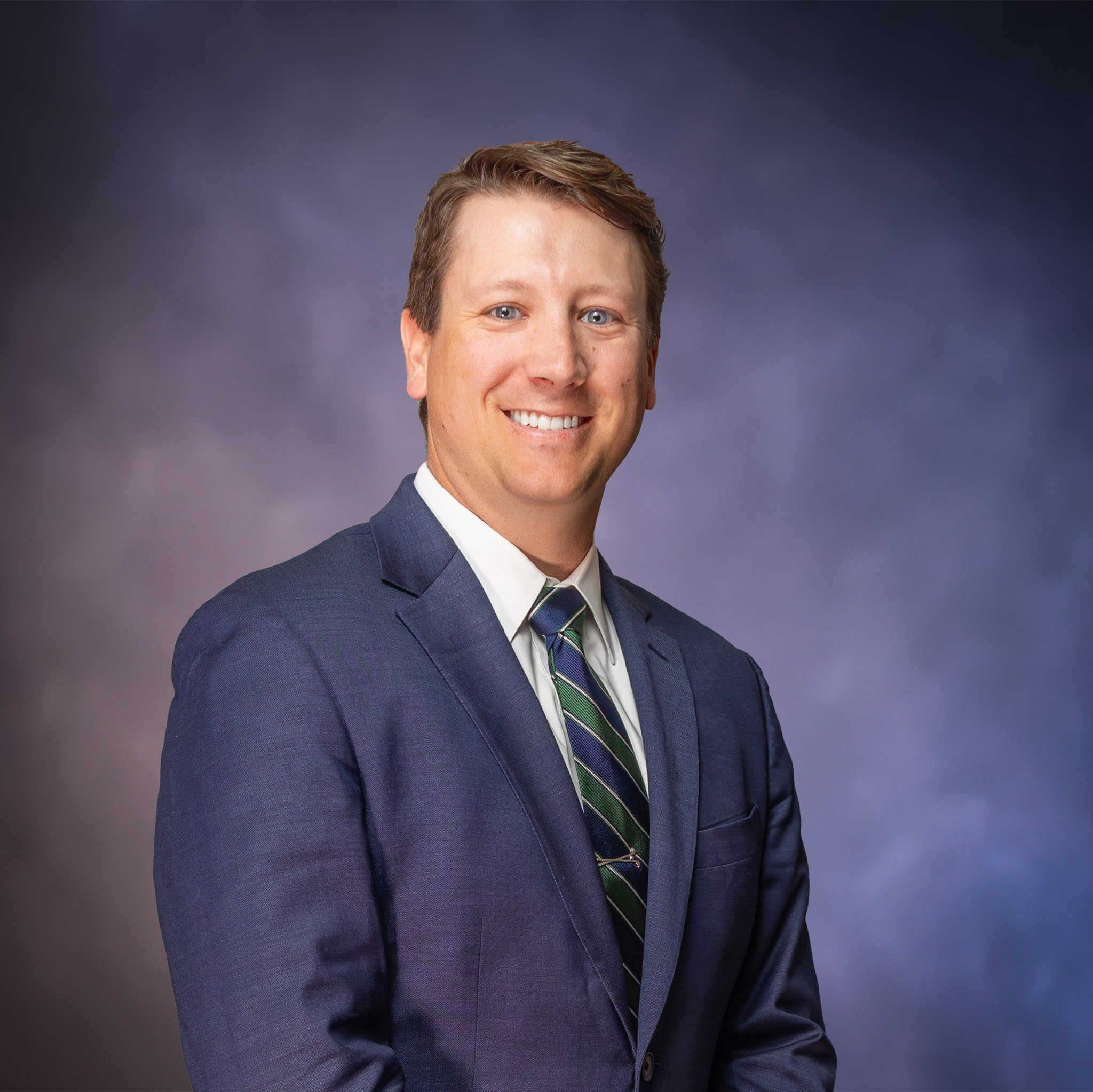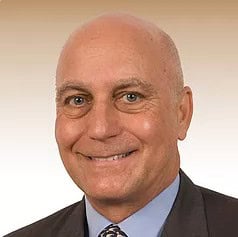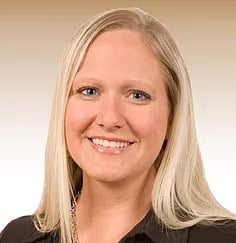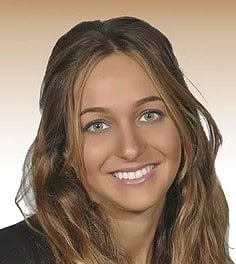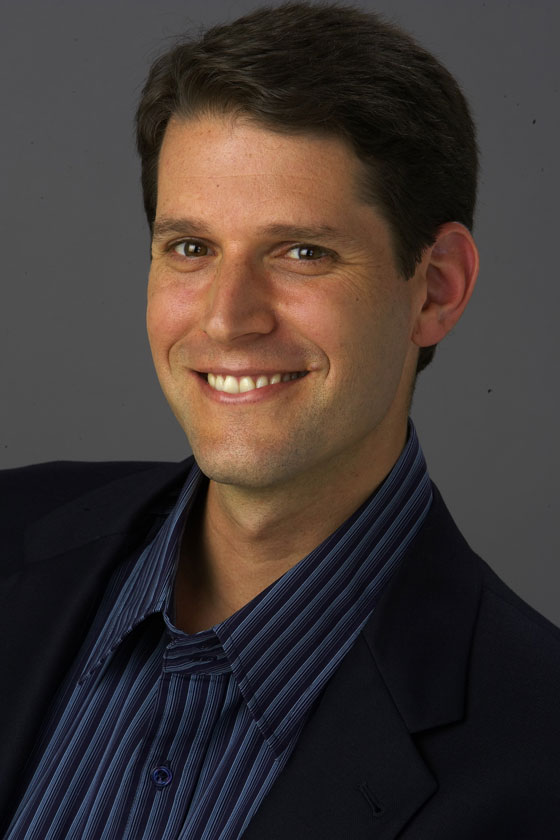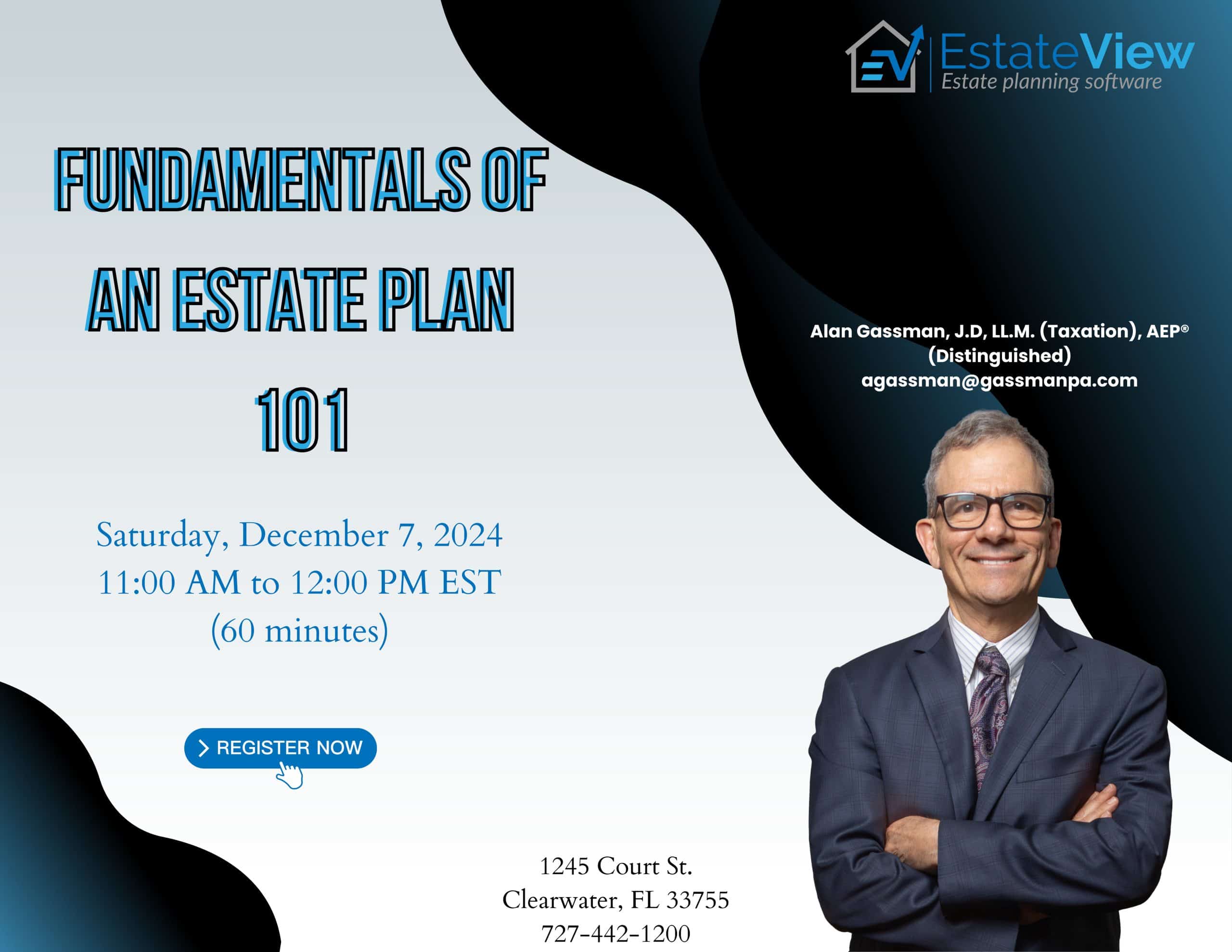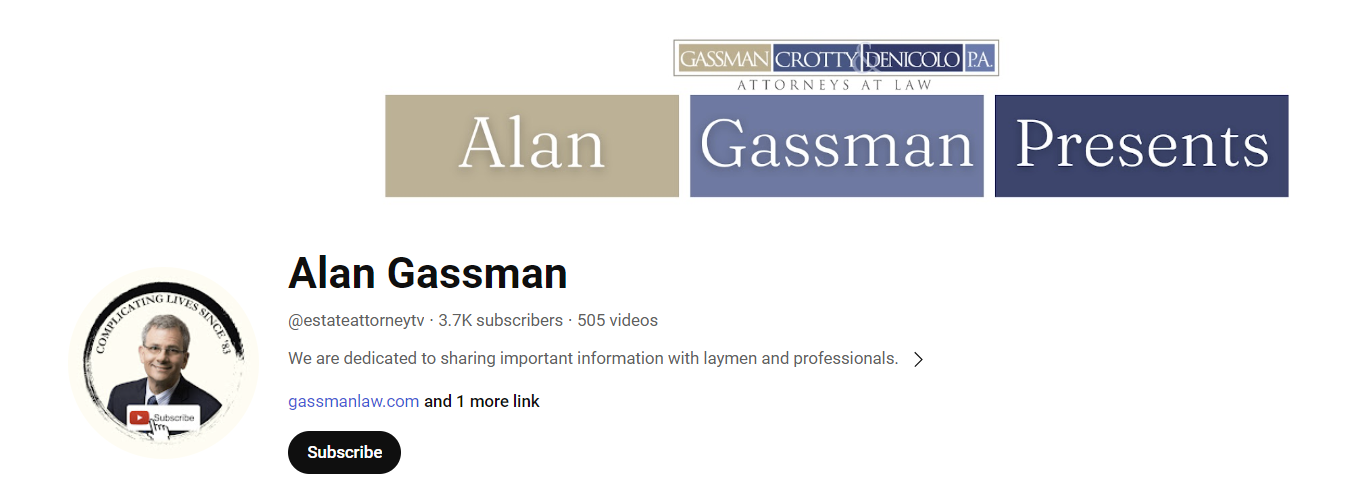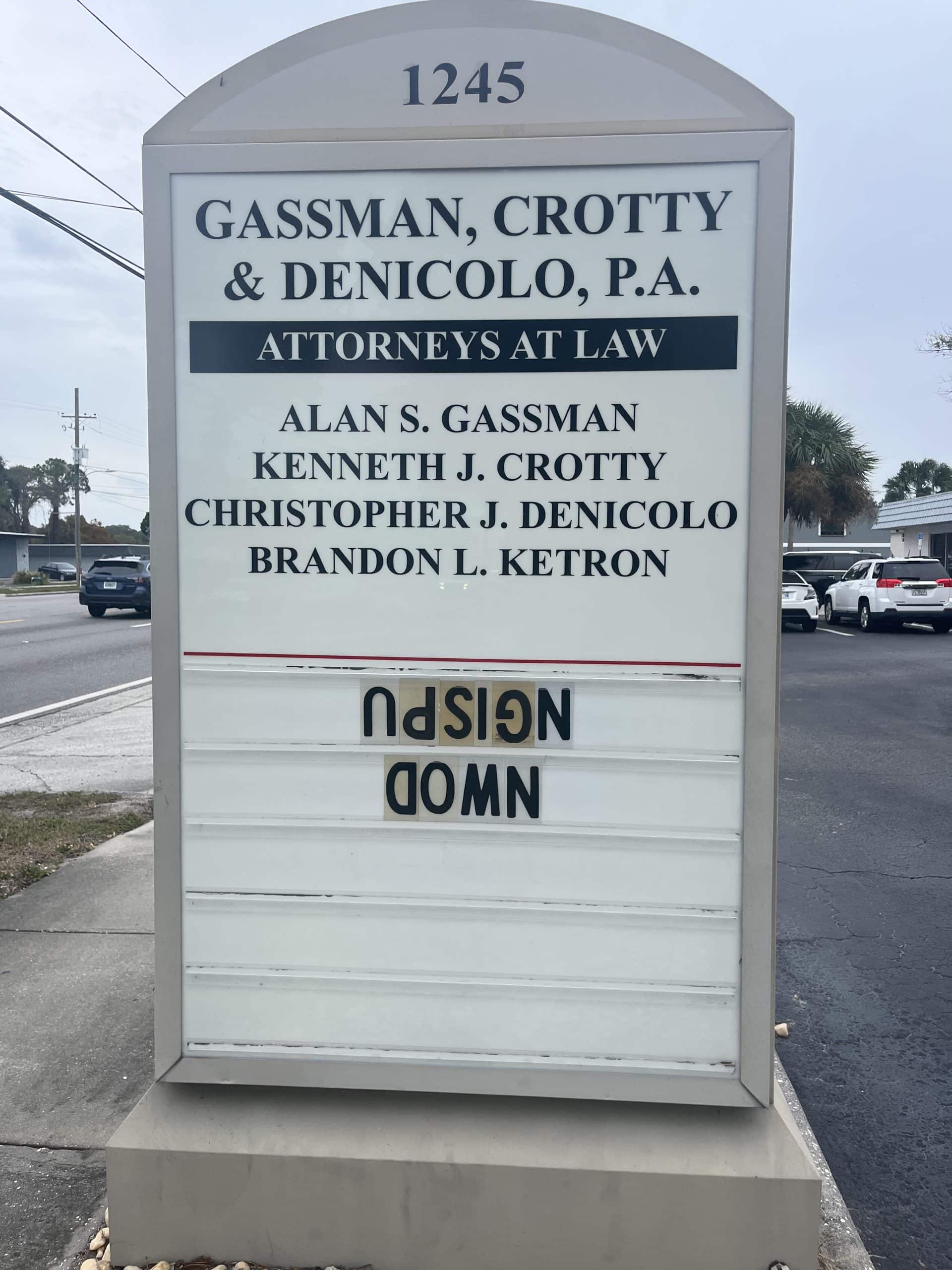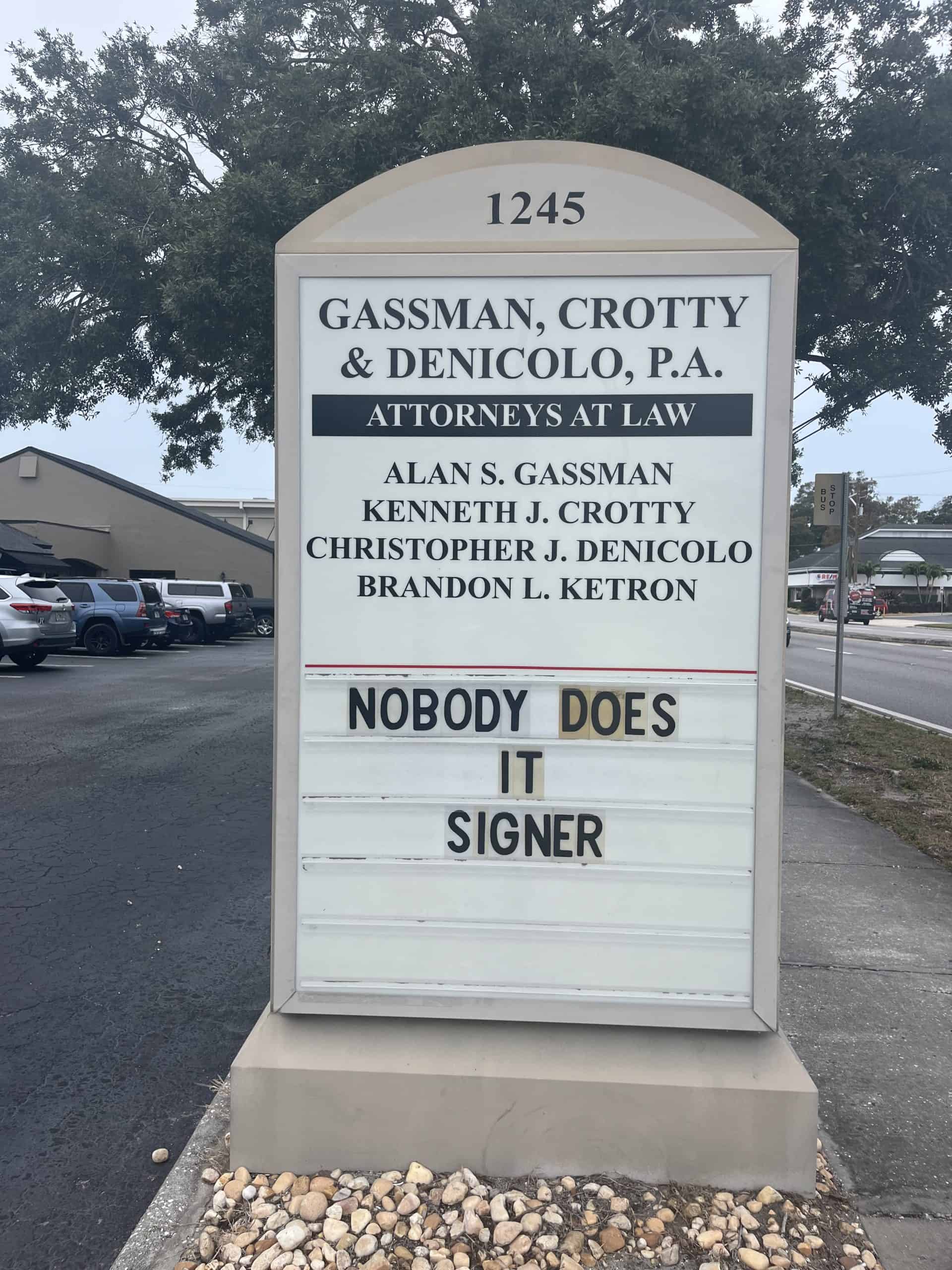Court Enjoins Corporate Transparency Act and PPP Borrower Rip Off – The Thursday Report – Issue 347
|
|
|||||||||||||||||||||||||||||||||||||||||||||||||||||||||
|
|
|||||||||||||||||||||||||||||||||||||||||||||||||||||||||
|
|
|||||||||||||||||||||||||||||||||||||||||||||||||||||||||
|
Thursday, December 5, 2024Court Enjoins Corporate Transparency Act and PPP Borrower Rip OffIssue #347
Coming from the Law Offices of Gassman, Denicolo & Ketron, P.A. in Clearwater, FL. Edited By: Alan Gassman |
|||||||||||||||||||||||||||||||||||||||||||||||||||||||||
|
Article 1Federal Court Enjoins Corporate Transparency Act Filing RequirementsWritten By: Alan Gassman Article 2Pinellas County PPP Loan Fraudsters Steal Cash From BorrowersWritten By: Brandon Ketron and Alan Gassman Article 32024/2025 Client Letter On Legislative, Case Law, And Related Updates, And How They May Impact Your Estate PlanWritten By: Barry A. Nelson, Jennifer E. Okcular & Cassandra S. Nelson Article 4Berkshire Hathaway Inc. News ReleaseWritten By: Warren Buffett For Finkel’s FollowersWhy “Staying On Top of Everything” Can Be Bad for BusinessWritten By: David Finkel Upcoming WebinarFundamentals of an Estate Plan 101Presented By: Alan Gassman More Upcoming EventsYouTube LibraryHumor |
|||||||||||||||||||||||||||||||||||||||||||||||||||||||||
|
Article 1Federal Court Enjoins Corporate Transparency Act Filing Requirements Written by: Alan Gassman Alan Gassman provides members with timely commentary on an important Corporate Transparency Act development. Alan S. Gassman, J.D., LL.M. is a partner at the Clearwater, Florida law firm of Gassman, Denicolo & Ketron, P.A. He is a frequent LISI commentator. Mr. Gassman practices in the areas of Estate Tax and Trust Planning, Taxation, Physician Representation, and Corporate and Business Law, and was accepted to the Estate Planners Hall of Fame of the National Association of Estate Planning Councils in 2021. Mr. Gassman is the primary creator and developer of EstateView software, which allows for the design, illustration and analysis of estate tax, estate planning and charitable strategies. Jerry Hesch, Jonathan Blattmachr, Robert Keebler and Mr. Gassman serve as the Creative Team that continues to develop this software. You can read the newsletter written by Eido Walny, Joey Kleiner, and Jason McCosby on EstateView Estate Planning Software #3114. He is a member of the Board of Advisors for the Notre Dame Tax and Estate Planning Institute. His e-mail address is alan@gassmanpa.com.
COMMENT: On Tuesday, Judge Amos L. Mazzant of the United States District Court, Eastern District of Texas, Sherman Division issued an order enjoining enforcement of the Corporate Transparency Act for the entire United States. Unlike a similar order that was issued March 1st of 2024 and applied only to the parties of the applicable action and businesses that had been members of a particular business organization, Judge Mazzant’s order issued this week indicates that it applies to all individuals and entities in the United States. This may bring Corporate Transparency Act filing to a halt. The Treasury Department has not yet issued any response or guidance as to the impact of Judge Mazzant’s order. The Corporate Transparency Act requires over 32 million existing entities and individuals or others who own more than 25% or have “control” to register by December 31, 2024 to avoid penalties that can exceed $500 per day. The filing deadline was deferred until as late as June 1, 2025 for certain entities having a principal place of business in a hurricane affected area. The Corporate Transparency Act was passed in 2021 over the veto of then President Donald Trump. It is presently unknown whether the Trump administration will move legislatively or at the Treasury Department level to push back, amend, or annul CTA filing deadlines. According to recent reports less than 10% of entities had registered. More information about the Corporate Transparency Act can be found at treasury.gov. Our book entitled The Corporate Transparency Act Guide is on Amazon may be going on sale at a deep discount if the Act becomes irrelevant!
HOPE THIS HELPS YOU HELP OTHERS MAKE A POSITIVE DIFFERRENCE! __________________________________________________________
CITE AS: LISI Estate Planning Newsletter #3162 (December 2, 2024) at http://www.leimbergservices.com. Copyright 2024 Leimberg Information Services, Inc. (LISI) Reproduction in Any Form or Forwarding to Any Person Prohibited – Without Express Permission. Our agreement with you does not allow you to use or upload content from LISinto any hardware, software, bot, or external application, including any use(s) for artificial intelligence technologies such as large language models, generative AI, machine learning or AI system. This newsletter is designed to provide accurate and authoritative information regarding the subject matter covered. It is provided with the understanding that LISI is not engaged in rendering legal, accounting, or other professional advice or services. If such advice is required, the services of a competent professional should be sought. Statements of fact or opinion are the responsibility of the authors and do not represent an opinion on the part of the officers or staff of LISI.
Back to Top |
|||||||||||||||||||||||||||||||||||||||||||||||||||||||||
|
Pinellas County PPP Loan Fraudsters Steal Cash From Borrowers Written By: Brandon Ketron and Alan Gassman
Individuals posing as the Pinellas County Sheriff’s Office are approaching local PPP borrowers and informing them that they have missed a federal court appearance and must immediately post bond money to avoid being put into jail. The individuals behind this fraud have been successful in convincing sophisticated business owners that they have missed appearing in court and risk being put into jail. The Pinellas County Sheriff’s Department has received a number of complaints, and we have ourselves witnessed some very bright individuals having been misled. The scam comes in the form of an email and includes what appears to be an Arrest Warrant for Failure to Appear and/or Contempt of Court sent directly from the Pinellas County Sheriff’s Office. The email also contains a copy of a summons to appear related to a Department of Justice (DOJ) Investigation into fraudulent PPP claims, and what appears to be forged signatures acknowledging receipt of such summons. The fraudsters then go as far as calling individuals still posing as law enforcement pressuring individuals to post bond to avoid being arrested. The reality is that this is completely fabricated and no threat of arrest exists. If you are approached by someone reporting to be a law enforcement officer or associated with law enforcement about a PPP loan or anything else for that matter, confirm their badge number and that this person actually works for Pinellas County or other law enforcement agency, call your lawyer, and don’t bring cash to any location no matter what piece of paper you receive by certified mail. Please be careful out there!
|
|||||||||||||||||||||||||||||||||||||||||||||||||||||||||
Article 32024/2025 Client Letter On Legislative, Case Law, And Related Updates, And How They May Impact Your Estate Plan
Written By: Barry A. Nelson, Jennifer E. Okcular & Cassandra S. Nelson
Thanks to Barry Nelson, Jennifer Okcular, Cassandra Nelson and the Leimberg Team for allowing us to reprint this amazing updated newsletter so we don’t have to write one of our own. If you have an issues with this newsletter call Barry. Thanks sincerely to his team for making this happen and for their contribution to our industry.
Nelson & Nelson, P.A. “In our firm’s 2024/2025 client update letter, we discuss a number of legislative, case law, and related estate planning and asset protection developments that we believe are most relevant to our clients.”
Barry A. Nelson, Jennifer E. Okcular and Cassandra S. Nelson share with LISI members their year-end client newsletter that they recently sent to their clients. Barry A. Nelson, a Florida Bar Board Certified Tax and Wills, Trusts and Estates Attorney and author of Estate Planning and Asset Protection in Florida: A Plan to Survive Unexpected Financial Threats is a shareholder in the law firm of Nelson & Nelson, P.A. in North Miami Beach, Florida. He practices in the areas of tax, estate planning, asset protection planning, probate, partnerships and business law. He provides counsel to high net worth individuals and families focusing on income, estate and gift tax planning, and assists business owners to most effectively pass their ownership interests from one generation to the next. As the father of a child with autism, Barry combines his legal skills with compassion and understanding in the preparation of Special Needs Trusts for children with disabilities. In September 2024, Barry received the Activated Professional Impact Award presented by the Miami Foundation. Barry received the Distinguished Planner Award 2021 presented by the Estate Planning Council of Greater Miami. He is a Fellow of the American College of Trust and Estate Counsel and served as Chairman of its Asset Protection Committee from 2009 to 2012. Mr. Nelson has been named in Chambers USA High Net Worth Guide as a Tier 1 leading estate planning attorney in Florida since the inaugural edition in 2016. He has been listed in Best Lawyers in America® since 1995 in the practice areas of Trusts and Estates and Tax Law; and has been a Martindale-Hubbell AV Preeminent® Rated Lawyer for over 25 years. Mr. Nelson was named by Best Lawyers in America® as the 2015 Trusts and Estates “Lawyer of the Year” in Miami. As the founding chairman of the Asset Preservation Committee of the Real Property, Probate and Trust Law Section of the Florida Bar from 2004- 2007, Barry introduced and coordinated a project to write a treatise authored by committee members entitled Asset Protection in Florida (Florida Bar CLE 2008, 7th Edition 2022). Barry wrote Chapter 5 of Asset Protection in Florida, entitled “Homestead: Creditor Issues” which is now co-authored by Barry Nelson and Cassandra Nelson. Barry Nelson is a co-founder and serves as board co-chairman of The Victory Center for Autism and Behavioral Challenges (a not-for-profit corporation). In May 2024 Binghamton University Alumni Association recognized Barry’s exemplary contributions through his work at The Victory Center by awarding him the Edward Weisband Distinguished Alumni Award for Public Service or Contribution to Public Affairs along with his wife, Judi Nelson. Jennifer E. Okcular, is a shareholder in the law firm of Nelson & Nelson, P.A. in North Miami Beach, Florida, practices primarily in the areas of tax, estate planning, asset protection planning and probate administration. Jennifer is Board Certified by the Florida Bar in Wills, Trusts and Estates and currently serves as a member of the Board Certification Committee of the Real Property, Probate and Trust Law Section of the Florida Bar and as an Associate Trusts and Estates Article Editor of the ABA Probate and Property Magazine. Jennifer received her B.A. from the University of Florida; graduated first in her class from Stetson University College of Law in 2004; and received her LLM in Taxation at the University of Florida Graduate Tax Program. In May 2017 she graduated from Class II of the Florida Fellows Institute of the American College of Trust and Estate Counsel (ACTEC). Jennifer Okcular has been listed in The Best Lawyers in America® since 2019 in the practice area of Tax Law and since 2022 in Trusts and Estates. Jennifer received her first honor as an “Up and Coming” attorney in Private Wealth Law Florida by Chambers USA High Net Worth Guide in 2024. She has also been named as a top rated estate planning and probate attorney by Florida Super Lawyers Magazine since 2017. Cassandra S. Nelson is a shareholder at Nelson & Nelson, P.A., a trusts and estates law firm in North Miami Beach, Florida. Cassandra specializes in estate planning, asset protection, tax law, special needs trusts, guardianships, and probate administration. She holds a B.A. from the University of Miami and a J.D. from Emory University School of Law. She is currently pursuing an Executive LLM in Taxation at New York University. Cassandra has been acknowledged as a future leader in the legal profession earning recognitions by Best Lawyers: Ones to Watch® in America in the practice area of Trusts and Estates (since 2022); as an “Associates to Watch” by Chambers USA High Net Worth Guide 2024 in Private Wealth Law Florida; and as a Class IV graduate of the Florida Fellows Institute of the American College of Trust and Estate Counsel (ACTEC). Cassandra is an active contributor to legal scholarship having co-authored numerous articles and chapters in respected publications including Trust & Estates, ActionLine (Florida Bar), and Leimberg Information Services. She co-authored Chapter 5: Homestead: Creditor Issues, Asset Protection in Florida (The Florida Bar, 7th Edition, 2022), and has been a co-contributor on several chapters published in Barry A. Nelson’s treatise, Estate Planning and Asset Protection in Florida: A Plan to Survive Unexpected Financial Threats. Cassandra’s dedication to the legal profession is paralleled by her passion for special needs advocacy. Her personal experience as the sister of an adult brother with severe autism drives her involvement with The Victory Center for Autism and Behavioral Challenges (a not-for-profit corporation), and her commitment to helping families with children who have disabilities by providing counsel on creating special needs trusts and establishing guardianships. Here is their commentary: COMMENT: In this client update letter, we discuss a number of legislative, case law, and related estate planning and asset protection developments that we believe are most relevant to our clients. I. Increases in Estate, Gift, and GST Exemptions and Exclusions for 2025 The IRS released the 2025 inflation-adjusted exemptions and exclusions for estate, gift, and GST tax in Rev. Proc. 2024-40 as follows: ·The estate and gift exemption amount (currently $13.61 million) will increase to $13.99 million for 2025 ($27.98 million per couple). The GST exemption will likewise increase by the same amount. ·The annual gift tax exclusion will increase from the current $18,000 up to $19,000 in 2025. ·The gift tax exclusion amount that can be given annually to a non-citizen spouse is increasing from $185,000 up to $190,000 next year. II. Upcoming Deadline for Filing Your Beneficial Ownership Information (“BOI”) Report: Please review our October 2024 newsletter at estatetaxlawyers.com/boi-filing-2024 for important upcoming Corporate Transparency Act (“CTA”) deadlines and information about filing your BOI report. This newsletter was also sent via email to our clients. It is important for you to satisfy the filing requirements to avoid significant penalties. III. IRS Final Regulations Issued July 19, 2024 Impact Retirement Plan Assets On July 19, 2024, the IRS issued final regulations under the SECURE Act relating to retirement plan assets. The final regulations are effective September 17, 2024, and generally apply to retirement plan distributions made on or after January 1, 2025. Our office has updated our master documents to comply with the final regulations, which will provide maximum flexibility to the beneficiaries of our client’s retirement plan assets, to the extent such retirement plan assets will be held in trust for the client’s beneficiaries. Clients with existing estate planning documents should amend or modify such documents to comply with the new SECURE Act provisions if your retirement plan assets will (or may) be held in trust for your beneficiaries.
The final regulations can be found at: govinfo.gov/content/pkg/FR-2024-07-19/pdf/2024-14542.pdf. To the extent you have significant retirement plan assets, we recommend that you review your existing estate planning documents with respect to the retirement plan provisions to determine whether such documents need to be updated.
A few of the important provisions in the final regulations are outlined in Section VII of this letter, below. IV. Reduction in Current $13.99 Million Estate Tax Exemption on January 1, 2026 In March 2024, we sent a letter to our clients reminding them that, unless Congress extends the expiring estate and gift tax exemptions, the current estate and gift tax exemption (in 2025, $13.99 per person or $27.98 for a married couple reduced by prior taxable gifts) is scheduled to decrease on January 1, 2026, to approximately $7 million per person or $14 million for a married couple. Ultimately, whether there will be tax legislation to maintain the current estate and gift tax exemptions (or possibly increase gift and estate tax exemptions above current levels or even repeal estate taxes) will be determined by the new Republican majority in the House and Senate and President-elect Trump. As reflected in the March 2024 client update letter (which can be found at: estatetaxlawyers.com/cta-client-update-2024-03), there are a significant planning opportunities for a client to consider to use the current gift tax exemption amount before January 1, 2026 and avoid paying gift tax of 40% on the transfer. While it is more likely the current estate and gift exemptions will be reinstated in light of the recent Republican sweep in this month’s elections it is still possible that the exemptions will be reduced, at least temporarily as of January 1, 2026. It is possible to create trusts or fund existing trusts prior to the January 1, 2026 sunset that will ultimately benefit your chosen beneficiaries in a manner that is tax efficient and may provide additional protection from future creditors, including a child’s divorcing spouse, and allow some flexibility should access to the funds be needed by you or your spouse at a future date. We expect our office may be unable to satisfy demand for our services, especially for clients who wait until the end of 2025 to begin this planning assuming the exemptions are not extended in early 2025. We suggest that clients start the planning process early even if the trusts we create remain unfunded until the current law is extended, or it becomes clear that the larger exemptions will terminate. We believe that this planning is most effective for clients with estates exceeding $20 million, but clients with smaller estates may want to consider such planning as well subject to caveats we can explain. V. Durable Power of Attorney Risks: Our office was recently informed of a situation in which a “trusted” family member gained access to copies of a client’s estate planning documents while the client was ill and used a copy of the client’s Durable Power of Attorney that was not intended to be given to the family member until the incapacity of the client or at the discretion of the client. With a copy of the client’s Durable Power of Attorney (which designated such family member as Attorney in Fact), the family member directed a financial institution to make transfers of funds to the family member Attorney in Fact and directed another financial institution to issue an additional credit card in the name of the Attorney in Fact. The Durable Power of Attorney included optional language provided in Florida Statutes Section 709.2208 that provides expanded access to the Attorney in Fact at financial institutions. The client only intended the designated Attorney in Fact to have access to the Durable Power of Attorney if the client became incapacitated or the client exercised his discretion to provide the Durable Power of Attorney to such Attorney in Fact. Neither financial institution contacted the client to confirm the use of the Durable Power of Attorney was authorized prior to effectuating the requests, and each financial institution acted upon a copy of the Durable Power of Attorney and not the original. Florida Statutes Section 709.2106(5) provides that “except as otherwise provided in the power of attorney, a photocopy or electronically transmitted copy of an original power of attorney has the same effect as the original. Notwithstanding this subsection, an original power of attorney that is relied upon to affect the title to real property may be required for recording in the official records.” Many of our clients have executed Durable Power of Attorneys where the originals are held by our firm in escrow subject to “escrow letters” that provide that our office will maintain the original Durable Power of Attorney and not release them unless the client instructs us to release it or certain criteria (e.g. incapacity of the client) are met such as through a letter from the client’s primary physician concluding that the client has become incapable of handling their financial affairs. However, clients should be aware that in many situations a copy of a Durable Power of Attorney can be used at a financial institution rather than the original. In light of the foregoing, we believe that it is safer for clients not to have any copies or scans of their Durable Power of Attorney documents that can be accessed by others who are named. Considering these recent events, we recommend that our clients (i) remove copies of their Durable Power of Attorneys from their estate planning binders (except for the first page) and shred such copies and (ii) ensure that any copies held on a computer or other device are inaccessible to others who may be named as power of attorney holders without the client’s explicit knowledge and consent. Should clients wish to maintain a copy of their Durable Power of Attorney in their binder or scans, we suggest that clients safeguard such documents (such as placing such documents in a safe) so that they cannot be taken by the client’s Attorney-in-Fact without the client’s knowledge or consent. Clients may want to contact their financial advisor(s) to determine whether anyone designated in their Durable Power of Attorney (past and present) has been added to their financial accounts without their knowledge or consent. Clients should also review their credit card statements to verify that there are no additional credit cards or charges that they are unaware of. The most effective way for clients to be certain: (i) unauthorized charges are not being made on their credit card(s), (ii) a new credit card is not obtained without the client’s knowledge or consent, or (iii) unauthorized withdrawals are not being made from their financial accounts is to monitor monthly statements rather than to rely on others to review such statements. These situations typically occur as our clients age and their children or advisors have the ability to access the client’s personal documents, such as their Durable Power of Attorney. Note: A Durable Power of Attorney does not control assets titled in the name of the client’s Revocable Trust. The Trustees of the Revocable Trust control the Revocable Trust assets. The Revocable Trust lists the current trustee(s) (generally the Settlor during the Settlor’s lifetime provided the Settlor is not incapacitated) and designates successor Trustees or the process for of appointing successor trustees to become acting Trustees (e.g., upon the death or incapacity of a prior Trustee). We also suggest that clients complete a Trusted Contact Person form that designates one or more people as Trusted Contact Persons, with their financial institution so that their advisor may contact those designated in the event they suspect the client is being subjected to financial exploitation. The Trusted Contact Persons cannot withdraw funds, but will only be advised if the financial institution has concerns the client is being subjected to possible financial exploitation so that if the client’s family member, caretaker, friend, lover, etc. is acting improperly with respect to the client, others will be also contacted who may step in to resolve the situation. VI. Other Important Considerations for Clients: Planning Opportunities that Could be Taken Away by Statute: There are numerous effective estate and gift tax planning/savings techniques that have been threatened by proposed legislation. Specifically, clients who were considering sales or gifts of discounted stock, partnership, or LLC interests or fractional interests in real property to a grantor trust, such as Spousal Limited Access Trusts (“SLATs”), Grantor Retained Annuity Trusts (“GRATs”), or generation skipping transfer tax trust for children and more remote descendants, or who were considering substituting assets into a grantor trust for other assets of equivalent value (if authorized in such grantor trust), should either monitor the actions of our legislature or proceed with such now before the benefits of these techniques are eliminated or curtailed. The concerns of future legislation to limit or eliminate these techniques or close existing tax loopholes appear far more unlikely as a result of the November 2024 elections. Nevertheless, some of these techniques, including creation of inter vivos Qualified Terminable Interest Property (“QTIP”) Trusts for a spouse, and SLATs provide excellent asset protection benefits as well as estate planning benefits, and clients may want to take advantage of these options even if the estate and gift tax benefits are not the most significant priority.
Donor Advised Funds: Clients who have or may create charitable donor advised funds (“DAFs”) in the future should review Barry and Cassandra’s DAF article (estatetaxlawyers.com/2023-11-lisi330-donor-advised-funds). The article explains why donors of DAFs must consider how their DAFs will be administered after their death or incapacity as Barry and Cassandra encountered many DAF agreements for their clients by charitable or financial sponsors that may not satisfy the client’s charitable objectives once the client passes away or becomes incapacitated. A comprehensive DAF agreement should: (i) list successors to the donors who may suggest charitable distributions (e.g., the donor’s children, by majority, can make such requests) and (ii) specify the donor’s default charitable beneficiaries. Otherwise, the DAF charitable sponsor may have the authority to direct DAF assets to charities in the DAF charitable sponsor’s discretion as compared to charities desired by the DAF donor. Owners of Golf Cart, Electric Bikes, Electric Scooters, Micromobility Devices, and Watercraft Vessels Should Beware of Huge Potential Liability: Clients who own golf carts should review Barry and Cassandra’s article (estatetaxlawyers.com/florida-golf-cart-owners-beware-of-liability) and be aware that lending their golf cart to others could, based upon a September 19, 2023 Miami-Dade County Circuit Court ruling, result in damages in excess of $50 million, even if they are not the driver who negligently caused significant injuries. This exposure could also result from electric bikes, electric scooters, micromobility devices, and watercraft vessels. A comprehensive periodic liability insurance review is critical, and clients should consider increasing their liability umbrella policy to cover unexpected financial exposure and confirm their “toys” are adequately insured. Consider Revocable Trust Funding: Clients who do not own assets as tenants by the entirety with their spouse (including single clients) should consider funding their respective Revocable Trusts (other than with retirement assets, annuities, and life insurance) to avoid probate on such assets upon death. Revocable Trusts do not provide clients with asset protection and are includible in the settlor’s/grantor’s taxable estate, but assets owned by a Revocable Trust avoid probate on death. Probate can cause court delays, delay in access to liquidity, and additional legal expenses. We provide a trust funding memorandum when our clients execute their Revocable Trusts, but on occasion, we are advised that their Revocable Trusts were not funded, or were only partially funded, upon the settlor’s/grantor’s date of death. For single clients or clients who are married, but do not own assets jointly with their spouse, Revocable Trust funding is an important consideration. Not every asset is appropriate for transfer to Revocable Trusts and some business or real estate interests require approvals before title of assets are conveyed. Other than our married clients who may consider a Community Property Trust, as described in the next section below, we believe our married clients who own their Florida homestead jointly with their spouse, as tenants by the entirety, or in the name of both spouses should generally retain such title until the death of the first spouse. Clients who prefer to hold title to their homestead in only their name (such as those in second marriages with prenuptial agreements where their spouse waived homestead) should consider conveying their Florida homestead to their Revocable Trust to avoid probate court orders for transfer of such Florida residence upon death. Clients must carefully review these issues with their real estate attorney before taking any action to retitle their homestead and advise their insurance company of the transfer to maintain insurance coverage. Before any deed transferring ownership from the client to the client’s Revocable Trust is recorded, the client should confirm with their real estate attorney, and possibly also the Property Appraiser’s office, that such transfer will not result in loss of their homestead exemption or Save Our Homes Cap. Furthermore, it is important that clients confirm with their advisors that proposed transfers to the client’s Revocable Trust will not accelerate existing mortgage debt on homesteads. Married Clients Should Consider Community Property Trust for Homestead: Chapter 736, Part XV, the “Community Property Trust Act,” (effective July 1, 2021), allows the creation of a trust, referred to as a “Community Property Trust”, which may result in the property held in such trust receiving a full step up in income tax basis upon the death of the first spouse rather than a 50% step up in income tax basis. The benefit of receiving such full step up in income tax basis to fair market value at the date of the first spouse’s death is that the surviving spouse can then sell such homestead without incurring capital gains tax on the entire appreciation that occurred prior to the deceased spouse’s death (as compared to only one-half (1/2) of such appreciation that occurred prior to the deceased spouse’s death under the tax law where a property is owned jointly between spouses). As a result of asset protection concerns, we only suggest Community Property Trusts hold Florida homestead and no other assets, such as stocks or bonds. It should be noted that some tax commentators have expressed concern as to whether a state statute that effectively allows property owners to “elect” community property status will be respected by the Internal Revenue Service (“IRS”). If the IRS takes the position that the full (“double”) step up in income tax basis upon the death of the first spouse is not permitted, the taxpayers should not be in any worse of a position, other than the transaction costs to create the Community Property Trust and potential audit costs, if the community property election and associated double step up in income tax basis upon the death of the first spouse is challenged, including possible interest as to the late payment of income tax when the property is sold and possible late payment penalties. Those with mortgage debt on their homestead need to review their mortgage and note documents with their real estate attorney and confirm: (i) there will be no acceleration on the mortgage, especially a low interest mortgage, and (ii) there will not be unanticipated state transfer taxes when the homestead is deeded to the Community Property Trust. Tangible Personal Property: Clients who intend to gift specific items of their tangible personal property (e.g., jewelry, handbags, clothing, furniture, automobiles) upon death should take photographs of such items, include a detailed description, and prepare a statement disposing of such tangible personal property to avoid family disputes upon death. Clients who are elderly and may be subject to elder exploitation should consider making gifts of such items while they are living and capacitated or putting such items in a safe deposit box as we have experienced many situations of theft of jewelry owned by elderly clients by those who have access to the elderly person’s personal belongings. Planning for Beneficiaries Who May Live in High Income Tax Jurisdictions: Clients with beneficiaries who are living in or may move to high income tax jurisdictions should consider advance planning to reduce such income tax implications. VII. Final SECURE Regulations The final SECURE regulations clarify changes made by the SECURE Act and SECURE 2.0. One of the more important items in the final regulations is the clarification of whether a beneficiary (who is not a surviving spouse or a disabled beneficiary, often referred to as an “eligible designated beneficiary”) of an individual taking Required Minimum Distributions (“RMDs”) annually take RMDs yearly, or whether such beneficiary may defer distributions for up to ten years (provided all distributions are paid by the end of the tenth year after a participant’s death). This SECURE Act provision was subject to debate as commentators suggested that requiring annual distributions was not in accordance with congressional intent. However, the final rule clarifies that in this situation, the beneficiary must take RMDs for the first nine years and cannot defer all RMDs until the end of the tenth year. Other provisions in the final regulations include, but are not limited to, the following: 1. Participants in multiple plans. The final regulations provide that if individuals and employees participate in more than one plan requiring RMDs, the plans in which they participate may not be aggregated for purposes of testing whether the RMD requirements are met. 2. Distributions beginning during a participant’s lifetime. In a change from the proposed regulations, the final regulations provide that an employee’s Required Beginning Date (“RBD”) is determined by when the employee reaches the “applicable age.” The final regulations define “applicable age” as: i. age 70 1/2, for employees born before July 1, 1949; ii. age 73, for employees born after January 1, 1951, but before January 1, 1959; and iii. age 75, for employees born after January 1, 1959. 3. Determining the eligible designated beneficiary. The final regulations adopt with modifications the SECURE Act’s definition of “eligible designated beneficiary.” The final regulations: i. clarify that the definition of “child” in Code Section 152(f)(1)—which includes stepchildren, adopted children, and eligible foster children—applies; ii. provide that if an employee has more than one designated beneficiary and one of them is not an eligible designated beneficiary, the employee is treated as not having an eligible designated beneficiary (in which case the required distributions are accumulated); and iii. retain the rules on determining who the beneficiary is for purposes of calculating RMDs and identify events that can cause a beneficiary to be disregarded. 4. Age of majority. The final regulations adopt the proposed rule that an employee’s child reaches the age of majority on their 21st birthday for purposes of determining an eligible designated beneficiary. 5. Disabled or chronically ill beneficiaries. The final regulations adopt the proposed rules regarding disabled or chronically ill beneficiaries and also adopt the requirements that documentation regarding a beneficiary’s disability or chronic illness be provided to the plan administrator. In a new provision, the final regulations state that this documentation is not required to be provided to IRA trustees, custodians, or issuers. Complicated provisions should be reviewed with your retirement plan advisor, CPA, or financial advisors. We have included the general description of the SECURE Act final regulations so you can consider updating your estate planning documents and initiate conversations with your retirement plan administrators. We suggest that you consult with your retirement plan administrators, CPAs, or financial advisors to be sure that you are complying with the final SECURE Act regulations. * * * * Warren Buffet’s philosophy on giving has often been referenced in our practice – “parents should leave their children so they can do anything but not enough that they can do nothing.” On November 25, 2024, Warren Buffet released a letter, where he noted the following suggestion for all parents, whether they are of modest or staggering wealth: “When your children are mature, have them read your will before you sign it. Be sure each child understands both the logic for your decisions and the responsibilities they will encounter upon your death.” Warren Buffet’s letter can be found at: https://www.berkshirehathaway.com/news/nov2524.pdf. While we understand that not every client will agree with Warren Buffet’s philosophy, we wanted to share it with our clients for their consideration. We encourage our clients to schedule an “estate planning checkup” every three to five years or sooner, if personal or financial circumstances materially change. While we address matters we believe are of interest to many, there are an infinite number of year-end planning options that are not discussed in this letter.
HOPE THIS HELPS YOU HELP OTHERS MAKE A POSITIVE DIFFERENCE! __________________________________________________________ CITE AS:
LISI Estate Planning Newsletter #3162 (December 2, 2024) at http://www.leimbergservices.com. Copyright 2024 Leimberg Information Services, Inc. (LISI) Reproduction in Any Form or Forwarding to Any Person Prohibited – Without Express Permission. Our agreement with you does not allow you to use or upload content from LISI into any hardware, software, bot, or external application, including any use(s) for artificial intelligence technologies such as large language models, generative AI, machine learning or AI system. This newsletter is designed to provide accurate and authoritative information regarding the subject matter covered. It is provided with the understanding that LISI is not engaged in rendering legal, accounting, or other professional advice or services. If such advice is required, the services of a competent professional should be sought. Statements of fact or opinion are the responsibility of the authors and do not represent an opinion on the part of the officers or staff of LISI.
Disclaimer: This information has been prepared for educational purposes only and is not offered, nor should be construed, as legal advice. Use of this information without careful analysis and review by your attorney, CPA, and/or financial advisor may cause serious adverse consequences. We provide absolutely no warranty or representation of any kind, whether express or implied, concerning the appropriateness or legal sufficiency of this information as to any individual’s tax and related planning. |
|||||||||||||||||||||||||||||||||||||||||||||||||||||||||
Article 4Berkshire Hathaway Inc. News Release
Written By: Warren Buffett
Warren Buffett’s newsletter from November 25, 2024, which is a wonderful read for charitable individuals and parents – Don’t ruin your child’s life by making it to easy. Today, Warren E. Buffett will convert 1,600 A shares into 2,400,000 B shares in order to give these B shares to four family foundations: 1,500,000 shares to The Susan Thompson Buffett Foundation and 300,000 shares to each of The Sherwood Foundation, The Howard G. Buffett Foundation and NoVo Foundation. Mr. Buffett’s comments to his fellow shareholders follow: * * * * * * * * * * * *The gifts I am making today reduce my holdings of Berkshire Hathaway Class A shares to 206,363, a 56.6% decrease since my 2006 pledge. In 2004, before Susie, my first wife, died, the two of us owned 508,998 Class A shares. For decades, we had both thought that she would outlive me and subsequently distribute the vast majority of our large fortune. That was not to be. When Susie died, her estate was roughly $3 billion, with about 96% of this sum going to our foundation. Additionally, she left $10 million to each of our three children, the first large gift we had given to any of them. These bequests reflected our belief that hugely wealthy parents should leave their children enough so they can do anything but not enough that they can do nothing. Susie and I had long encouraged our children in small philanthropic activities and had been pleased with their enthusiasm, diligence and results. At her death, however, they were not ready to handle the staggering wealth that Berkshire shares had generated. Nevertheless, their philanthropic activities were dramatically increased by the 2006 lifetime pledge that I subsequently made and later expanded. The children have now more than justified our hopes and, upon my death, will have full responsibility for gradually distributing all of my Berkshire holdings. These now account for 99½% of my wealth. * * * * * * * * * * * *Father time always wins. But he can be fickle – indeed unfair and even cruel – sometimes ending life at birth or soon thereafter while, at other times, waiting a century or so before paying a visit. To date, I’ve been very lucky, but, before long, he will get around to me. There is, however, a downside to my good fortune in avoiding his notice. The expected life span of my children has materially diminished since the 2006 pledge. They are now 71, 69 and 66. I’ve never wished to create a dynasty or pursue any plan that extended beyond the children. I know the three well and trust them completely. Future generations are another matter. Who can foresee the priorities, intelligence and fidelity of successive generations to deal with the distribution of extraordinary wealth amid what may be a far different philanthropic landscape? Still, the massive wealth I’ve collected may take longer to deploy than my children live. And tomorrow’s decisions are likely to be better made by three live and well-directed brains than by a dead hand. As such, three potential successor trustees have been designated. Each is well known to my children and makes sense to all of us. They are also somewhat younger than my children. But these successors are on the wait list. I hope Susie, Howie and Peter themselves disburse all of my assets. Each respects my wish that the disposition program for my holdings of Berkshire shares in no way betrays the exceptional trust Berkshire shareholders bestowed upon Charlie Munger and me. The 2006-2024 period gave me the chance to observe each of my children in action and they have learned much about large-scale philanthropy and human behavior. Each has overseen teams of 20-30 for many years and has observed the unique employment dynamics affecting philanthropic organizations. * * * * * * * * * * * *Wealthy friends have been curious about the extraordinary confidence I have in my children and their possible alternates. They express particular surprise at my requirement that all foundation actions will require a unanimous vote. How can this be workable? I’ve explained that my children will forever be besieged with earnest requests from very sincere friends and others. A second reality: When large philanthropic gifts are requested, a “no” frequently prompts would-be grantees to ponder a different approach – another friend, a different project, whatever. Those who can distribute huge sums are forever regarded as “targets of opportunity.” This unpleasant reality comes with the territory. Hence, the “unanimous decision” provision. That restriction enables an immediate and final reply to grant-seekers: “It’s not something that would ever receive my brother’s consent.” And that answer will improve the lives of my children. My unanimity clause, of course, is not a panacea – it clearly isn’t workable if you have nine or ten children or stepchildren. And it doesn’t solve the daunting problem of intelligently distributing many billions annually. * * * * * * * * * * * *I have one further suggestion for all parents, whether they are of modest or staggering wealth. When your children are mature, have them read your will before you sign it. Be sure each child understands both the logic for your decisions and the responsibilities they will encounter upon your death. If any have questions or suggestions, listen carefully and adopt those found sensible. You don’t want your children asking “Why?” in respect to testamentary decisions when you are no longer able to respond. Over the years, I have had questions or commentary from all three of my children and have often adopted their suggestions. There is nothing wrong with my having to defend my thoughts. My dad did the same with me. I change my will every couple of years – often only in very minor ways – and keep things simple. Over the years, Charlie and I saw many families driven apart after the posthumous dictates of the will left beneficiaries confused and sometimes angry. Jealousies, along with actual or imagined slights during childhood, became magnified, particularly when sons were favored over daughters, either in monetary ways or by positions of importance. Charlie and I also witnessed a few cases where a wealthy parent’s will that was fully discussed before death helped the family become closer. What could be more satisfying? * * * * * * * * * * * * As I write this, I continue my lucky streak that began in 1930 with my birth in the United States as a white male. My two sisters had, of course, been explicitly promised by the 19th Amendment’s enactment in 1920 that they would be treated equally with males. This, after all, had been the message of our thirteen colonies in 1776. In 1930, however, I emerged in a country that hadn’t yet gotten around to fulfilling its earlier aspirations. Aided by Billie Jean King, Sandra Day O’Connor, Ruth Bader Ginsberg, and countless others, things began changing in the 1970s. So favored by my male status, very early on I had confidence that I would become rich. But in no way did I, or anyone else, dream of the fortunes that have become attainable in America during the last few decades. It has been mind-blowing – beyond the imaginations of Ford, Carnegie, Morgan or even Rockefeller. Billions became the new millions. Things didn’t look great when I arrived at the beginning of The Great Depression. But the real action from compounding takes place in the final twenty years of a lifetime. By not stepping on any banana peels, I now remain in circulation at 94 with huge sums in savings – call these units of deferred consumption – that can be passed along to others who were given a very short straw at birth. I am also lucky that my philanthropic philosophy has been enthusiastically embraced – and widened – by both of my wives. Neither I, Susie Sr. nor Astrid, who succeeded her, believed in dynastic wealth. Instead, we shared a view that equal opportunity should begin at birth and extreme “look-atme” styles of living should be legal but not admirable. As a family, we have had everything we needed or simply liked, but we have not sought enjoyment from the fact that others craved what we had. It also has been a particular pleasure to me that so many early Berkshire shareholders have independently arrived at a similar view. They have saved – lived well – taken good care of their families – and by extended compounding of their savings passed along large, sometimes huge, sums back into society. Their “claim checks” are being widely distributed to others less lucky. * * * * * * * * * * * *With this philosophy, I have lived the way I wanted to live since my late 20s, and I have now watched my children grow into good and productive citizens. They have different views in many cases from both me and their siblings but have common values that are unwavering. Susie Jr., Howie and Peter have each spent far more time directly helping others than I have. They enjoy being comfortable financially, but they are not preoccupied with wealth. Their mother, from whom they learned these values, would be very proud of them. As am I. About Berkshire Berkshire Hathaway and its subsidiaries engage in diverse business activities including insurance and reinsurance, utilities and energy, freight rail transportation, manufacturing, services and retailing. Common stock of the company is listed on the New York Stock Exchange, trading symbols BRK.A and BRK.B. — END — Contact Marc D. Hamburg 402-346-1400 |
|||||||||||||||||||||||||||||||||||||||||||||||||||||||||
|
For Finkel’s FollowersWhy “Staying On Top of Everything” Can Be Bad for Business |
|||||||||||||||||||||||||||||||||||||||||||||||||||||||||
Upcoming WebinarFundamentals of an Estate Plan 101Date: Saturday, December 7, 2024 Time: 11:00 AM to 12:00 PM EST (60 minutes) Presented by: Alan Gassman, J.D., LL.M. (Taxation), AEP (Distinguished)
* No CPE Credit* |
|||||||||||||||||||||||||||||||||||||||||||||||||||||||||
|
|
|||||||||||||||||||||||||||||||||||||||||||||||||||||||||
ALL UPCOMING EVENTS
|
|||||||||||||||||||||||||||||||||||||||||||||||||||||||||
YouTube Library
Visit Alan Gassman’s YouTube Channel for complimentary webinars and more! Click here or on the image of the playlists below to go to Alan Gassman’s YouTube Library.
|
|
HUMOR
|
|
|
Gassman, Denicolo & Ketron, P.A. 1245 Court Street Clearwater, FL 33756 (727) 442-1200 Copyright © 2024 Gassman, Crotty & Denicolo, P.A |
|
|
|




